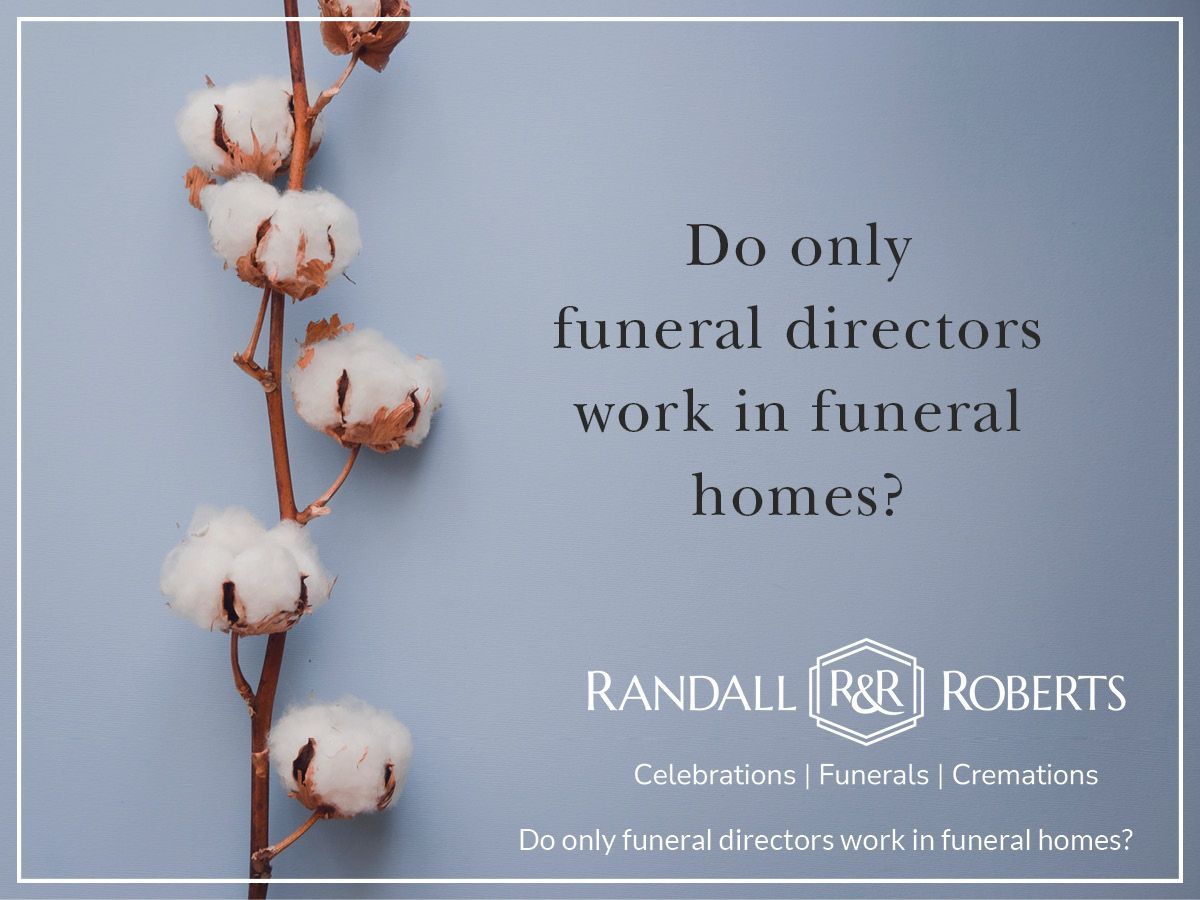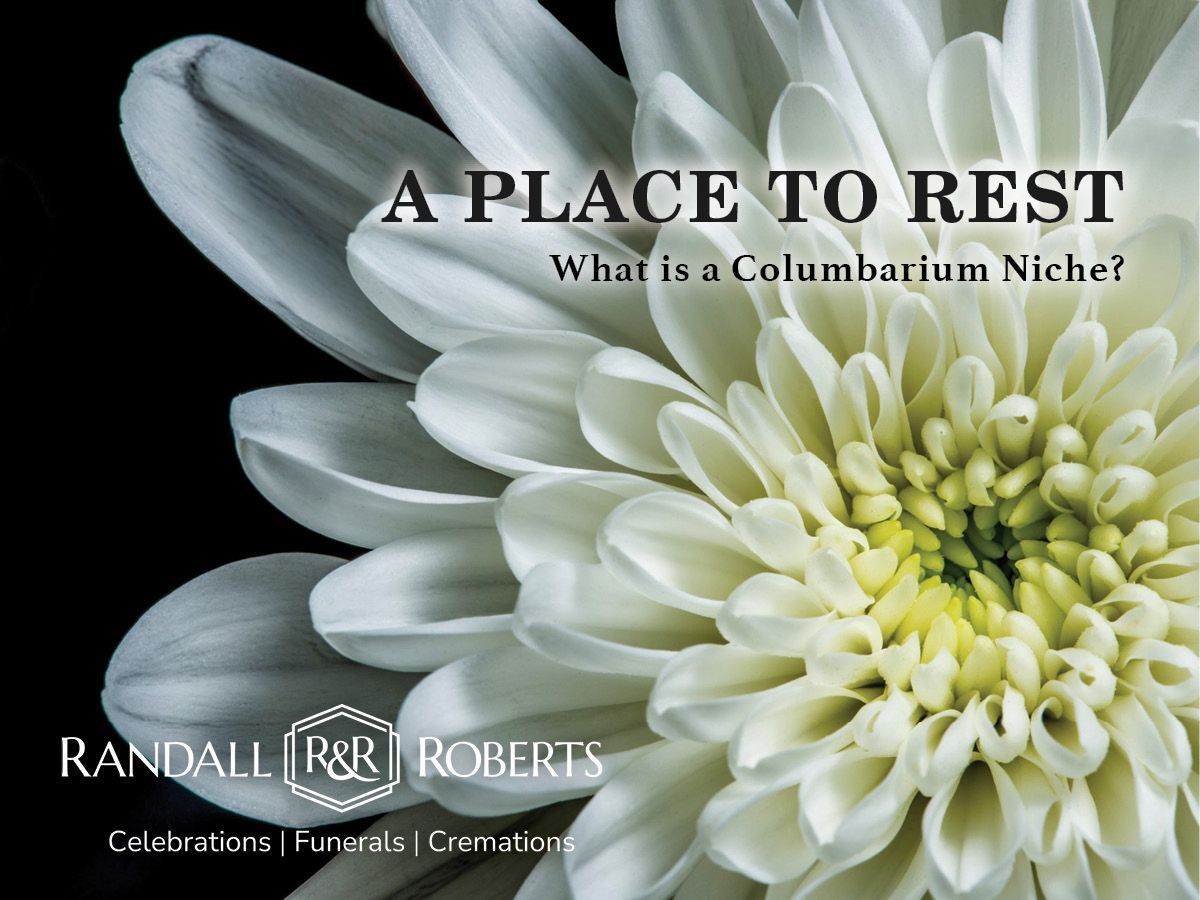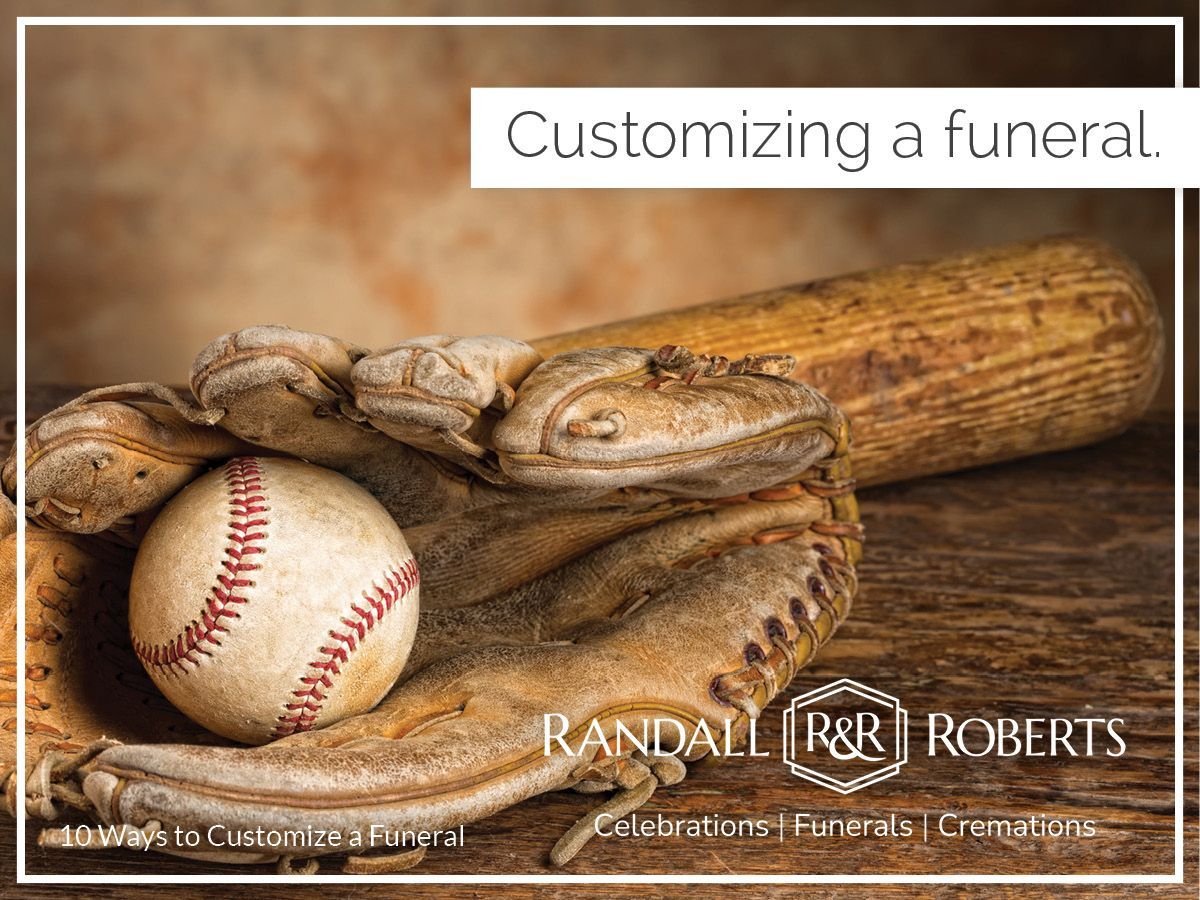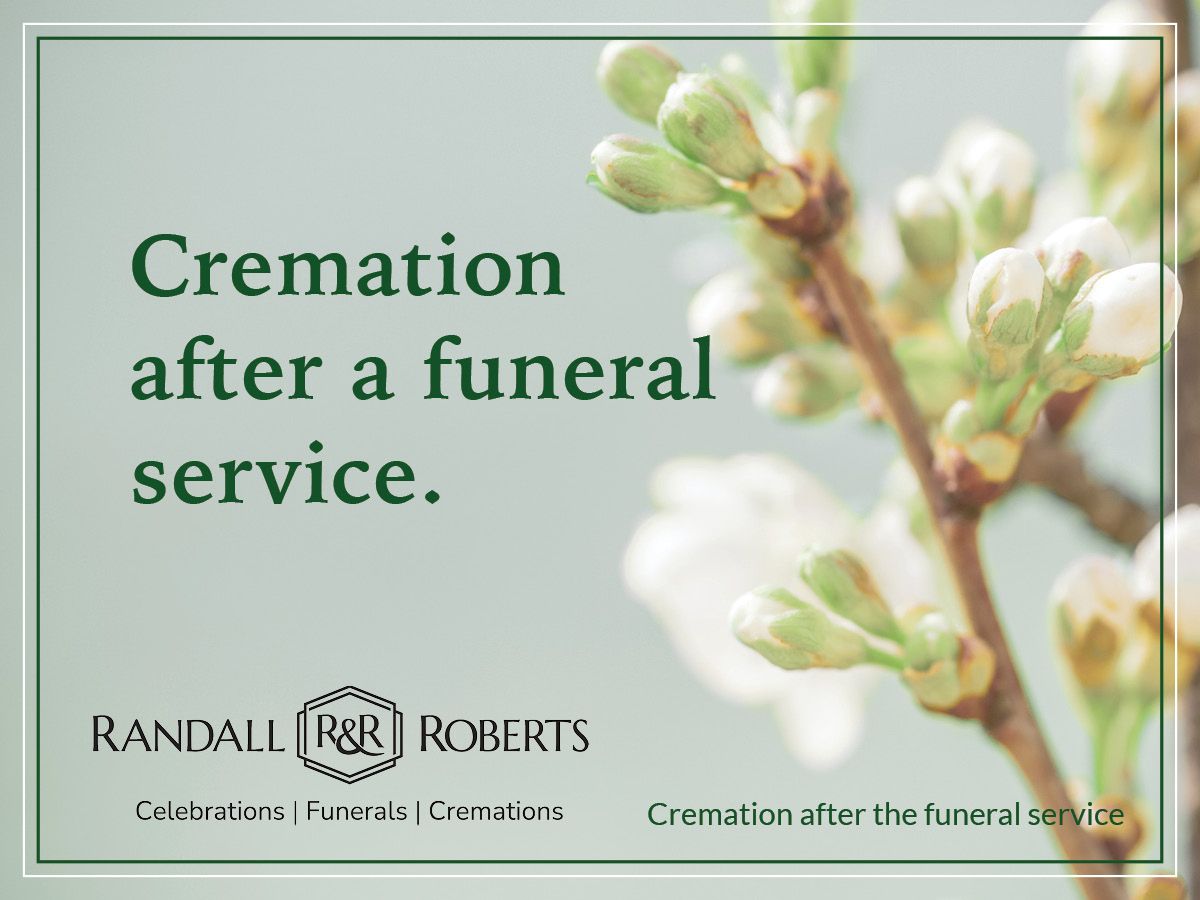Mother Died…How Long Do We Keep Her Things?
Separating from a loved one’s belongings is one of the more difficult jobs you will have to do after a death. It is amazing how much is collected over a lifetime. You probably won’t get it done in a day and you will probably shed a few tears.
Ask for help. Accepting and asking for help is harder than you might think. It is hard to turn over the decision of what goes and what stays to someone else. If your offer of help is refused, be understanding. Your mother may need to handle every one of your deceased father’s possessions before anything can go. Give her some time and then offer to help again a little later. Offering to box or bag after items have been sifted through is a huge help.
If you are the decision maker, consider providing some guidelines and then letting go. It’s a big job. Some help will be nice.
First contact your family members to determine what they might be interested in having. Give people some notice and a time limit, “If there is anything that you want from Mom’s wardrobe please come and get it before next week. I am going to sort through then and will be giving things to charity.”
Second, make it a goal to handle things once. To keep you on track, get boxes, bins or bags and mark them FOR CHARITY, FOR TRASH, TO KEEP. Keep those boxes moving. At the end of the day take the trash to the trash and the charity to the donation site so that you won’t be tempted to go through them just one more time.
If you are thinking about having a sale, think long and hard. People haggle at tag and garage sales. Are you emotionally prepared to dicker over the value of your dad’s favorite tie or his collection of fishing lures? Might it be better to think of his things finding new homes with people who need them? Sales are a lot of work, be kind to yourself, avoid taking on too much.
Procrastination won’t make the task easier. If you cannot take care of the sorting and giving, turn the job over to someone else. If you are a procrastinator, storage units have your name written all over them. Calculate the annual cost. Ask yourself, “What will change between now and next year?” Have a plan. When does the storage end?
Memories are attached to our stuff. You will no doubt take more than a few walks down memory lane. Slow down and enjoy the journey. A life is over, but it’s not forgotten.










